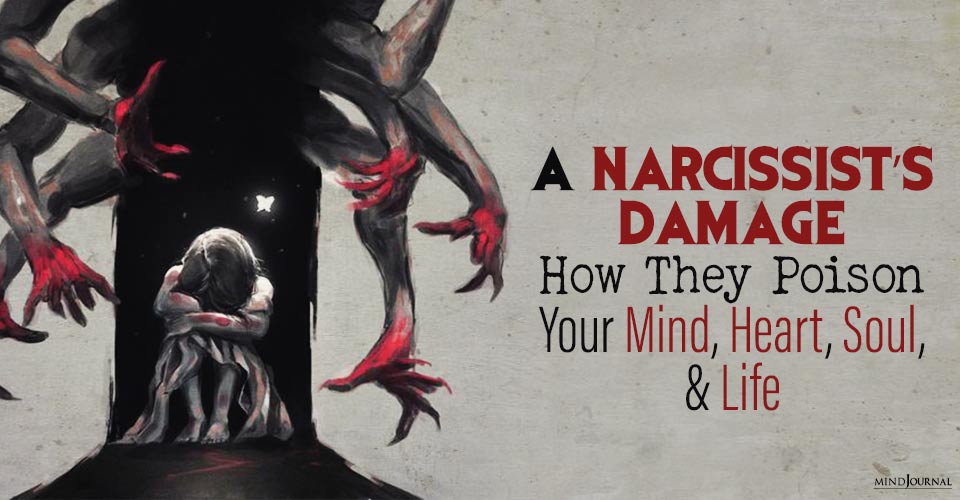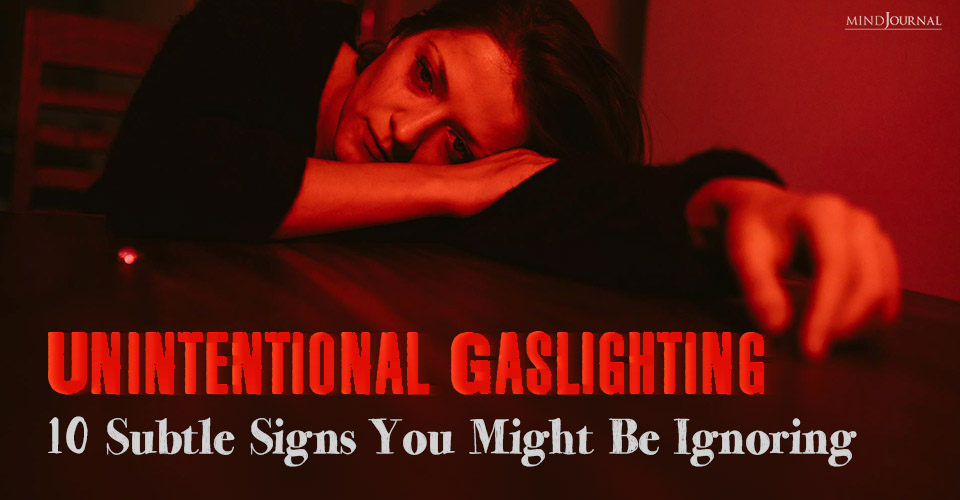A Narcissists Damage: With narcissists, it is a hideous, demeaning, debasing, ANGRY, and abusive coexistence that we get conned and TRAPPED into.
A Narcissist clearly crosses the boundaries of defying another person’s human rights and dignity, so much so that it is clearly classified as psychological/emotional abuse and domestic violence.
They tear down a person’s psychological well-being in such an insidious/sadistic manner that the target becomes completely vulnerable, unprotected, and fearful. Narcissistic abuse is completely pathological in every single aspect of how they relate to the people and the world around them.
Unfortunately, their world is completely delusional, one in which they do not allow individuality because they are absolute rulers (dictators) in that world.
The unfortunate fact is that a Narcissist needs people in their lives to SURVIVE but they just don’t ‘like’ or ‘relate’ to people so it is hideous, demeaning, debasing, ANGRY, and abusive coexistence that we get conned and TRAPPED into.
Related: What Is Emotional Abuse? How To Know if You Are Being Abused
What happens to victims of narcissists damage?
Victims of narcissists damage often appear uncertain of themselves, constantly seeking clarification that they haven’t made a mistake or misheard something. Their confidence becomes so low that they have trouble making simple decisions, questioning and re-questioning things.
This is a direct result of the emotional and psychological abuse used by the Narcissist to erode their self-esteem as well as instill confusion and anxiety into the victim to the point where they no longer trust their own memory, perception, or judgment.
This is skillfully guided by the Narcissist and it clouds reality with leading statements like “I never said that”, “You are crazy”, or “you are imagining things.”
The Narcissist will even step up the game by reinforcing what they say by backing it up with statements from friends, co-workers, or relatives that supposedly agree and ARE very concerned about the target/victim (and probably just more lies).

Gradually, the target/victim will NOT trust their own perceptions and doubt themselves completely. This more than often also induces depression and anxiety – two separate issues that will have to be dealt with as well as the ‘other’ consequences of this hideous abuse. This is the extent of a narcissists damage to a person.
The target/victim is totally broken and unable to trust their own perceptions in life (the ones we take for granted as just knowing what to do in life, etc.,) so they isolate themselves because life is just too confusing and they fear it. The victim now doubts everything about themselves, their thoughts and opinions, their ideas and ideals.
Ask yourself here and now if you are experiencing this, maybe it is a feeling of hopelessness, fear, confusion, or just an abnormal sense of life, one where you feel very alone and without a real objective to change or fix this or move forward.
Related: How To Explain The Effect of Narcissistic Abuse On Me?
Targets/victims will become co-dependent on the abuser for their reality and the Narcissist loves this because that is their goal – TOTAL CONTROL of your thoughts and actions and they are at the steering wheel driving this abuse full forward. Who does this but a highly disordered human being with a dark agenda?
Who could take, steal away or destroy any portion of another person’s life for any reason let alone the agenda of a highly disordered Narcissist that is basically driven by their own hate AND an extortionist as well that wants everything they can take from another human being.
No relationship ever ends in such a shroud of hate and destruction as one that ends with a Narcissist. They annihilate every aspect of the relationship, the person, their life, their family, their friends, AND basically everything in a manner to completely disable you/us.
Every action and word that comes from a Narcissist is a bizarre attack on your personal reality. Narcissists damage takes you from the goodness and normality that you have had all of your life to a dark place where you now have feelings of inadequacy and worthlessness because EVERYTHING you do is wrong and you are basically worthless.
Even after separation from a Narcissist, the abuse lives on because like a poison it has entered into every cell in your body, and in the case of Narcissistic abuse, the poison destroys the mind and reality of the target/victim!
How to heal from a narcissist damage?
You have the ability to unlearn what the Narcissist has conditioned you into believing about yourself and purge the many negative messages out of your mind.
That old saying “A horse can be led to water but they can’t be made to drink it” – well let’s change that a little bit and say “A horse can be led to water and taste it, drink it and swallow it – BUT it can stop drinking it, walk completely away from it and not only find a better watering hole BUT greener pastures and other fully functioning horses.”
Narcissist damage recovery needs you to do this so that you aren’t stuck in a fog of lies that will only guide your life in a negative and destructive direction.

What the Narcissist has internalized in you can be EXTERNALIZED and thrown away. Move yourself away from any level of this abuse by knowing that you and only you can change and find normality and the reality of a better life. Say no to the Narcissist, say no to the messages in your head that say you are not worthy.
Those negative words and debasing actions are only a curse/spell that the Narcissist casts out on the world and it can’t stick if the Narcissist doesn’t have you under his/her spell.
Once you have the education that enables you to see the very truth about this abusive Narcissist, you can remove yourself and break the spell. You have the power to govern your own will and what you will do with your life. You have to take all of that power AWAY from the Narcissist and give it back to yourself.
Yes of course no contact – but when you have to have minimal contact use the truth to really see the abuser that harmed you that is standing in front of you and disengage in your mind from any thought, emotions, words, or actions they send your way because they are like bullets from a gun and meant to harm!
Related: 7 Signs You’re Healing From Narcissistic Abuse
This is what starts you on your road to recovery – acknowledging the truth that this was situational and administered from a personality-disordered person.
You are not to blame, you were conned into believing this person loved you, you trusted this person, believed in them, and gave them your love in return – BUT they were NEVER that person – they were a sadistic and abusive person that caused you great distress. Know this and NEVER allow yourself to accept their abuse again.













Leave a Reply